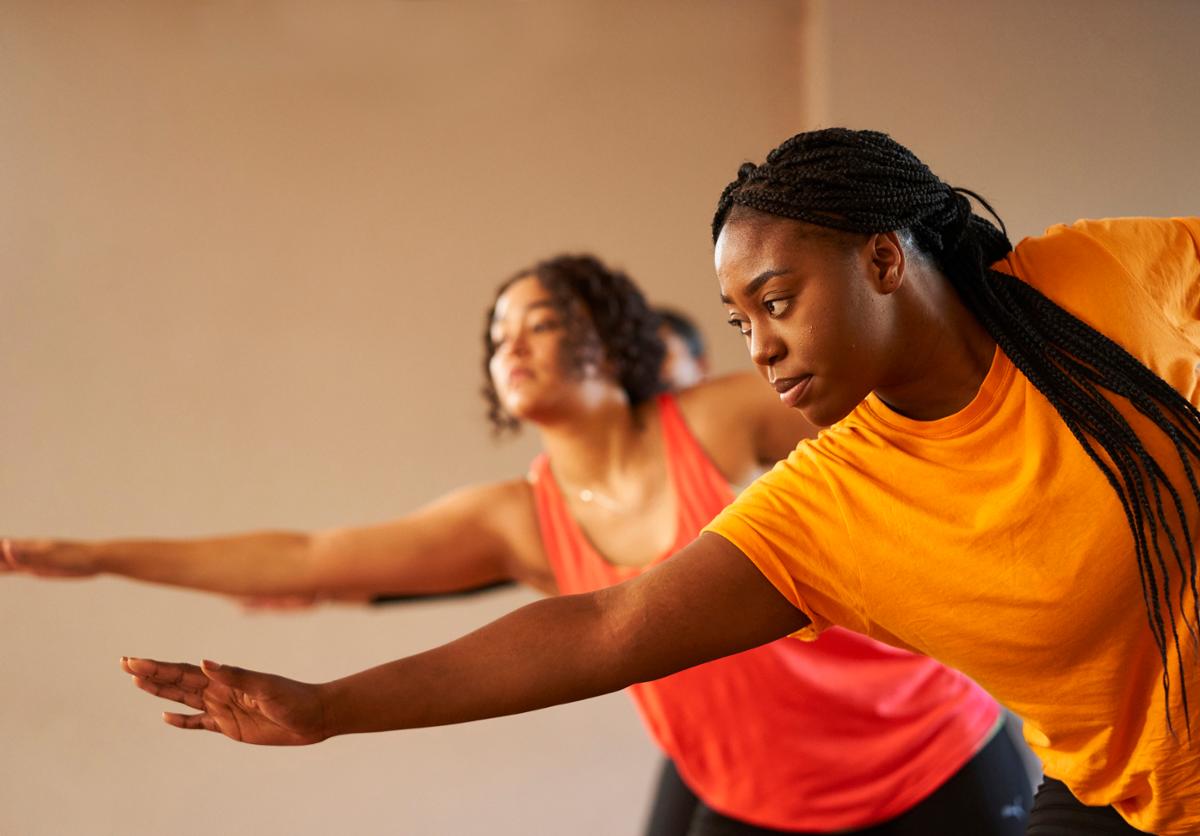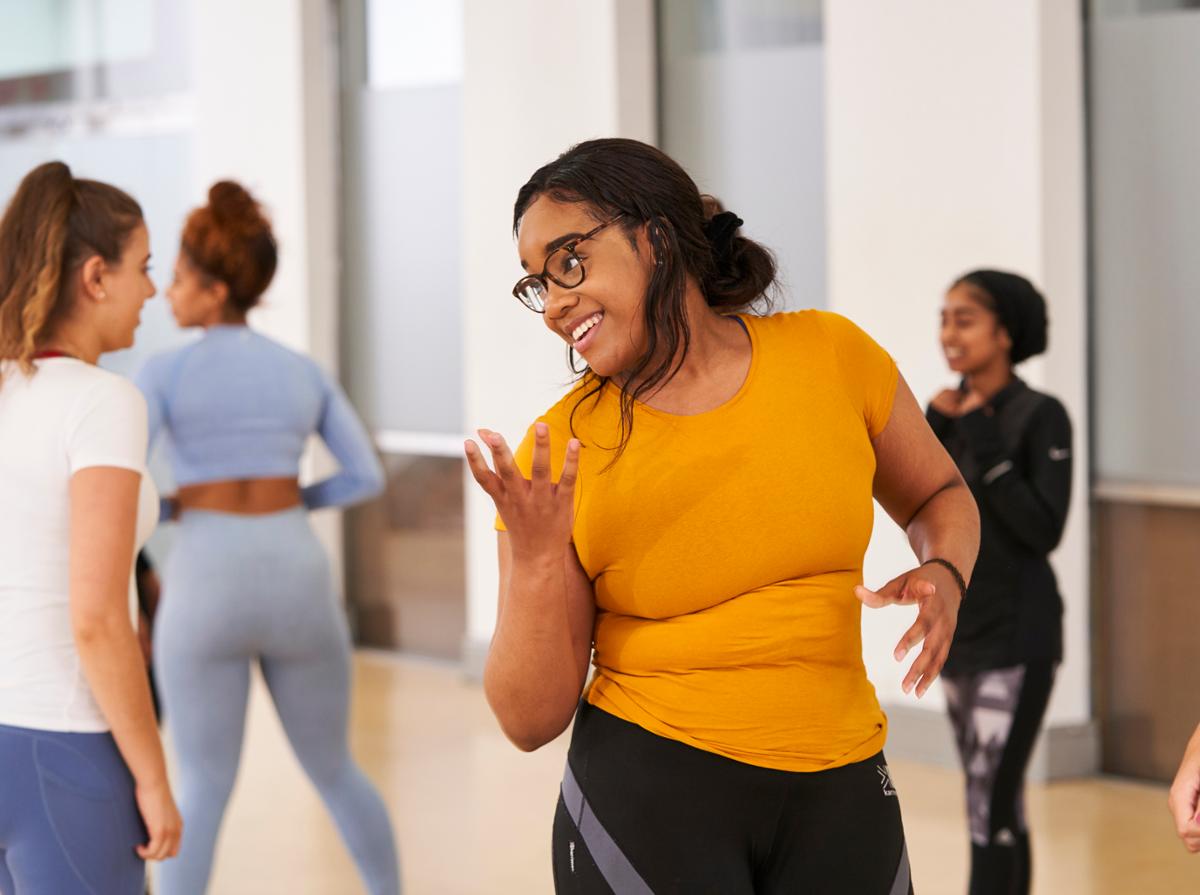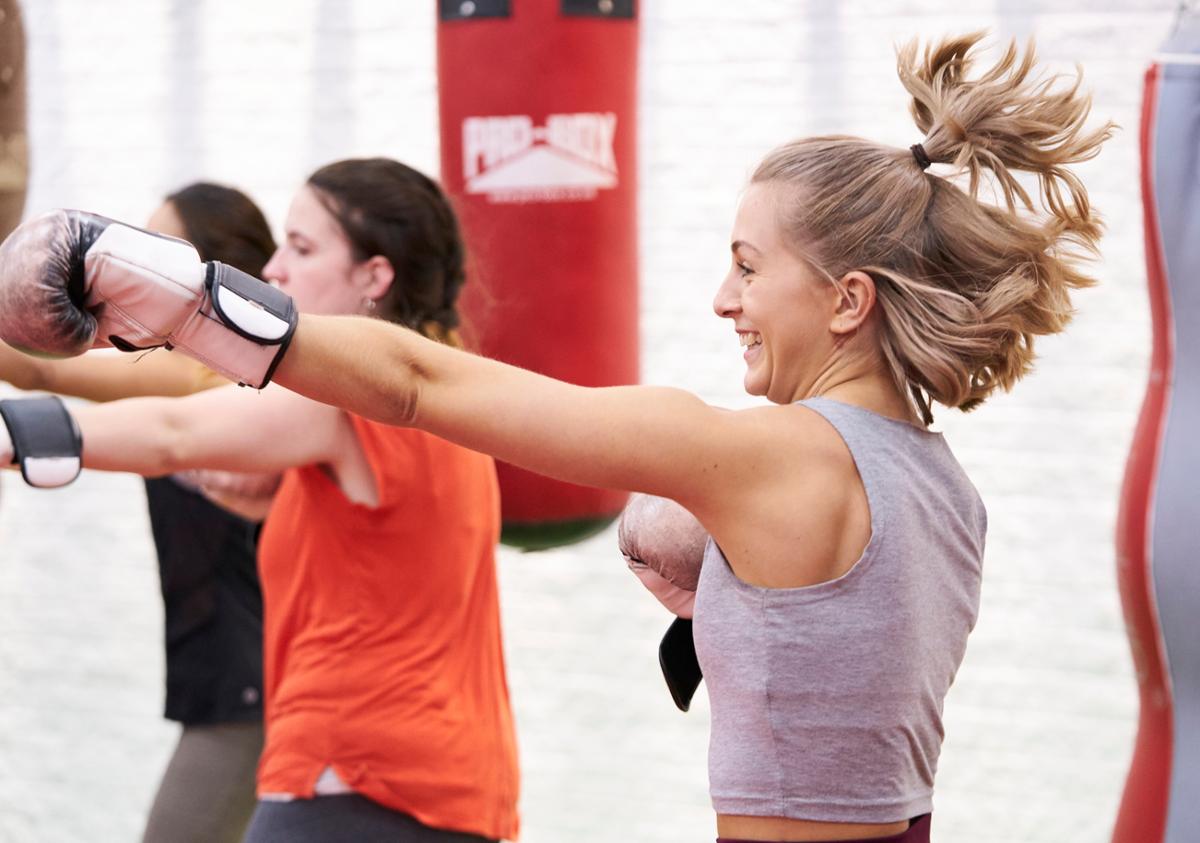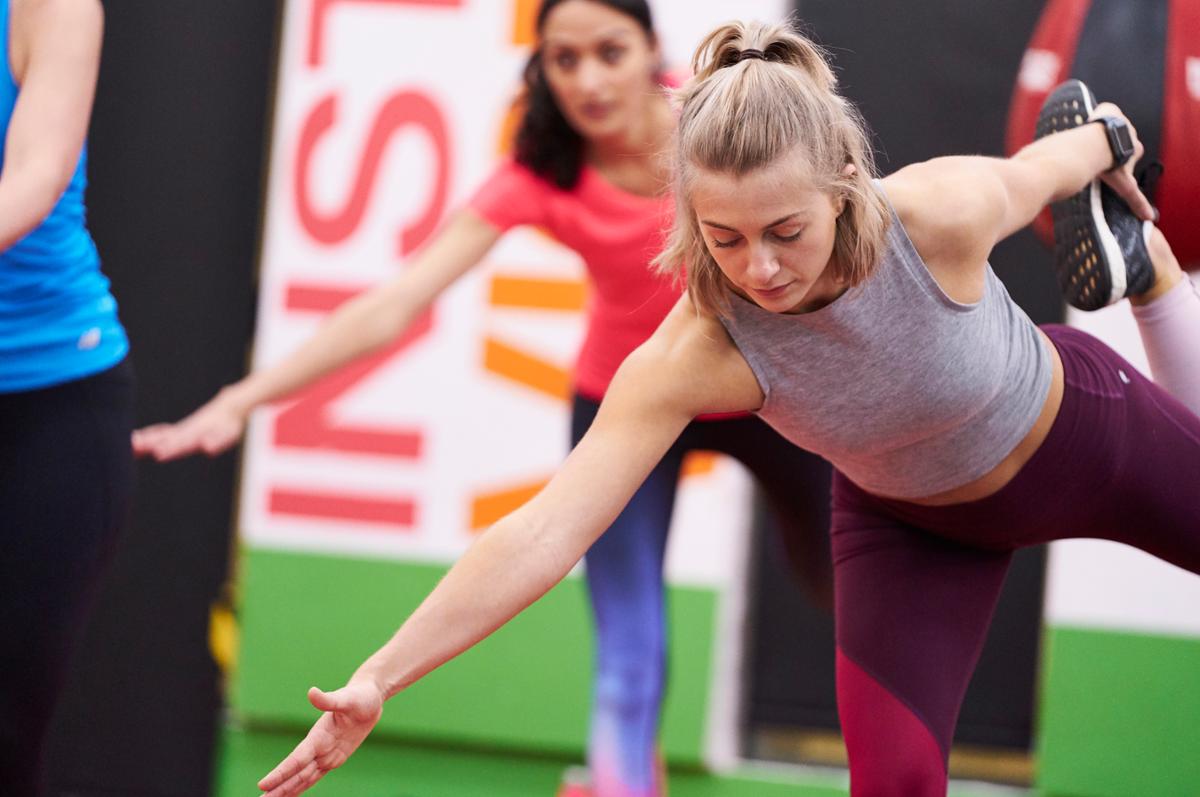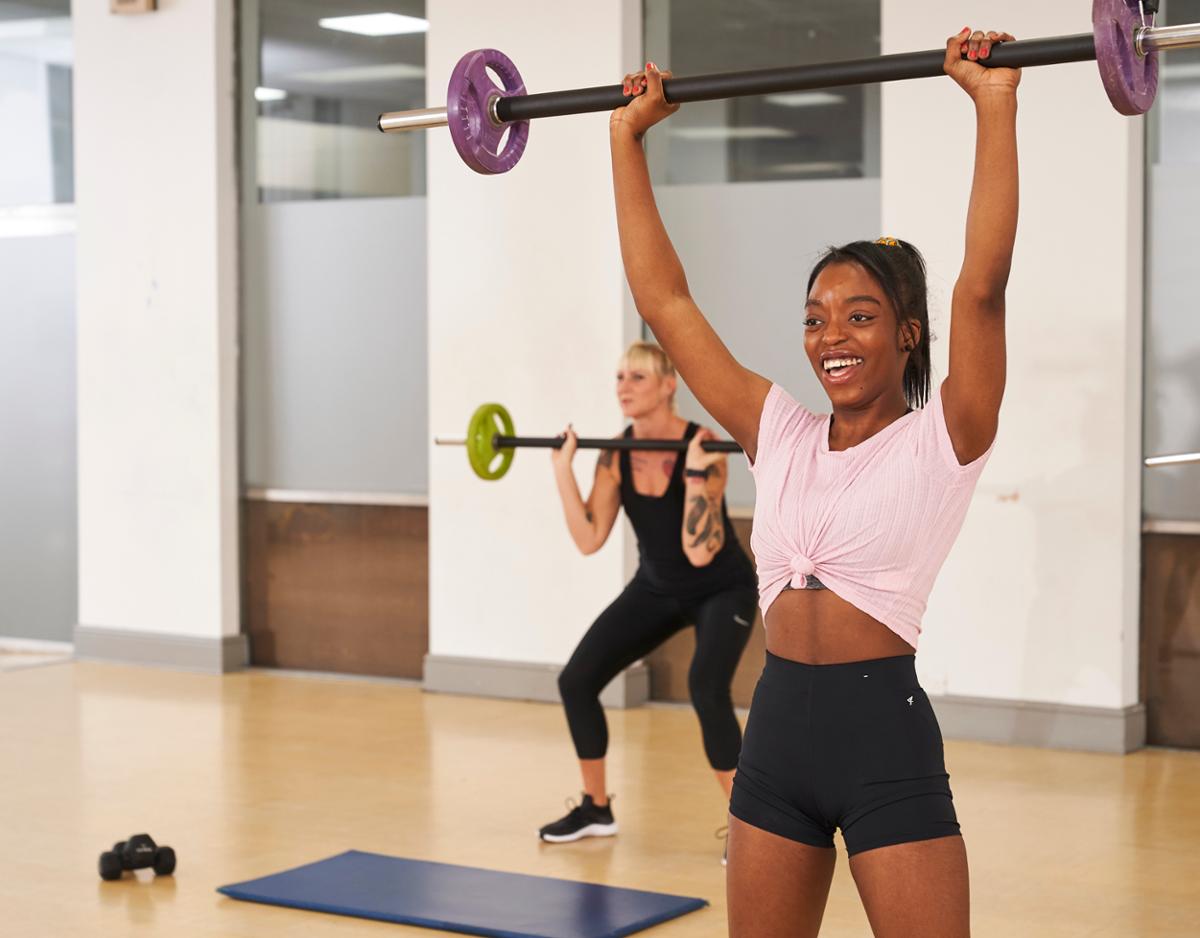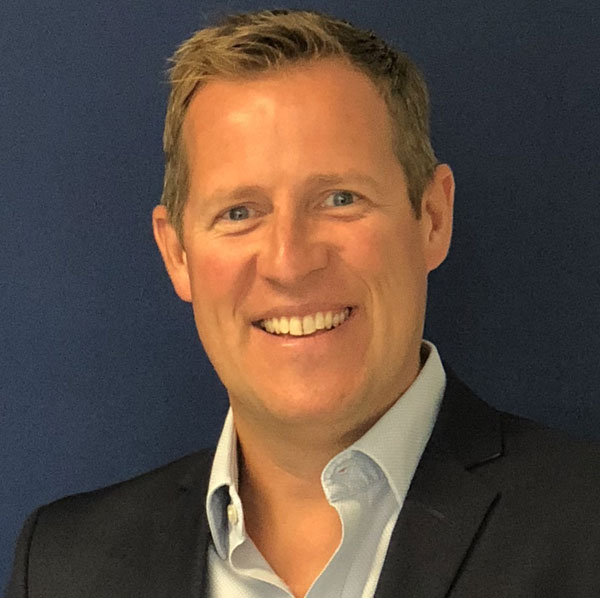Tell us about your new insight
Our research shows 2.4 million more men than women ‘strongly agree’ that they enjoy physical activity and sport – we call this the enjoyment gap.
Three-quarters of women say they want to do more sport or exercise, but research shows they are consistently less active than men. We already know enjoyment is the biggest driver in engaging people in activity, so it’s so important we work towards making activity more enjoyable for women.
When we talk about enjoyment we don’t just mean making physical activity ‘fun’, we mean enjoyment in its broadest sense – not having to worry about intimidation, catching up with friends at the same time, feeling accepted for who you are and feeling a sense of mastery, for example.
We strongly believe the enjoyment gap is not inevitable and is fixable by challenging the practical and structural obstacles that make physical activity feel less welcoming for women.
Who did the research?
A mixed-methodology approach – including a survey of more than 900 women – was deployed by Walnut Unlimited (www.walnutunlimited.com) for UK Active and Sport England’s This Girl Can campaign.
It provides the basis of new guidance, focusing on women’s experience of sexual harassment and intimidation in fitness and leisure facilities and is informing our work.
How can health club operators help?
From our research, we’ve identified four action areas where operators can focus their efforts to help shrink the enjoyment gap.
1. Social
Having a support network or feeling part of a bigger community is integral to making activity enjoyable whether consumers are exercising alone or with others.
2. Safety
Creating spaces where women feel emotionally and physically safe, free from harassment and intimidation is vital, because when they’re free from worry, they’re free to enjoy physical activity.
3. Self-affirmation
Establishing an environment where members feel confident and comfortable in their own skin regardless of shape, size or ability.
4. Suitability
Designing your offering to cater to your communities' specific needs, considering their cultural and practical requirements, as well as ensuring timings are considerate of their competing priorities.
As part of the campaign launch we created a series of short films showcasing each of these four action areas by highlighting an organisation that’s already delivering against them, with the aim of inspiring other organisations to do the same.
What support is Sport England offering operators?
The newly re-launched This Girl Can Campaign Hub (www.thisgirlcan.co.uk/campaign-hub), offers a range of resources to support partners in the sector to understand how to implement changes to make their spaces more inclusive and welcoming for women.
These resources range from advice on how to promote activities to women, offering access to our latest insight, as well as a rights-free image library which organisations can use to promote their activities using more diverse and realistic portrayals of women exercising.
In November 2021 we worked with UK Active to co-release new guidance to specifically help the gym and leisure sector support more women to get active in safe environments. Called How to improve your services for Women & Girls: As Told by the 51%, (www.hcmmag.com/51percent), the guide includes practical guidance and checklists to help improve the engagement, experience and confidence of women and girls when using gyms and leisure facilities.
Launched last month, the guidance has taken the views of women and girls surveyed on their safety concerns to produce guidance for fitness and leisure centres to make their spaces safer for women.
How important are health clubs and leisure centres?
Sport England’s most recent Active Lives Survey shows they play an essential role in supporting women to be active, finding that more than seven million women had taken part in facility-based activities, such as using exercise machines or indoor swimming, at least twice in the past 28 days.
However, the survey also found that, overall, women’s activity levels remain lower than men’s, growing by only 1 percentage point last year compared to 2.5 percentage points for men.
What’s the answer to this challenge?
Building on this guidance, we’re continuing to work with UK Active to develop resources and training to help leisure and fitness facilities ensure their spaces are safe and inclusive for all women.
By improving feelings of safety and inclusion, This Girl Can and Sport England’s partner bodies hope to increase the participation of women in leisure settings, while contributing to closing the gender activity gap.
Sport England has also funded EMD UK, the national governing body for group exercise, to create This Girl Can Classes that operators can offer within their facilities. These are bespoke class concepts that have been created specifically to ensure they meet the needs of women who don’t feel comfortable joining a mainstream class.
EMD UK offers training to individual instructors or health club operator groups that includes information on the barriers the target audience may be facing and how to help them overcome these, as well as full class choreography, music and marketing materials to help get their classes up and running.
Also, our new This Girl Can website (www.thisgirlcan.co.uk) now has a huge amount of content designed to support operators when it comes to implementing these changes.
What evidence is there to show that such changes would have the desired impact?
All our interventions are essentially based on insight. We listen carefully to the thoughts and concerns of women and girls to find ways in which we are able to boost their activity levels and ability to be physically active.
Since its launch, This Girl Can has inspired nearly 2.9 million women to engage with getting active in their own way and the campaign now has over 700,000 supporters in its community.
The impact and difference it has made is enormous, but Sport England isn’t solely responsible for making the societal changes needed to help all women get active. That task is ultimately up to all of us.
What increases do you anticipate?
This Girl Can’s mission is to build women and girls’ confidence to be active, regardless of their shape, size and ability. We’ve seen through our insight that there are significant barriers that women face when it comes to getting active, such as the fear of judgment while exercising, the rising cost of living and the fear of harassment.
We hope the impact of the campaign can shine a light on these issues to change the way people think, inspire operators to make changes, which in turn encourage more women and girls to be active.
We’ve also seen – through our evaluation of the This Girl Can Classes programme – that lots of women who start the classes turn into long-term members for the operator. We can see that making women feel more comfortable in these settings can lead to increased participation and increased membership numbers.
What does the enjoyment gap look like at different life stages?
As a part of our insight-led approach to the campaign, women of all ages were consulted. No two women will have the same experience when it comes to getting physically active, which is why there are multiple action areas we need to target.
Safety, for example, is an issue which fluctuates depending on the age of those responding to our surveys. We found 22 per cent of women worry about risk or threat of sexual harassment in relation to doing sport and physical activity, with levels higher among women aged 16-30 (16-20 year olds were 38 per cent and 21-30 year olds were 35 per cent)
A significant proportion of women reported safety concerns in relation to exercising in well-lit streets or public spaces alone after dark (65 per cent), non-supervised facilities (53 per cent), and supervised facilities (19 per cent). This in turn contributes to the overall trend of women reportedly enjoying exercise less than men.
How have you been publicising this work?
We’ve launched ‘This Girl Can With You’, a call-to-arms to sport and activity providers to dismantle the barriers that contribute to the enjoyment gap.
This work is an example of how we’re working with the sector to help tackle barriers that prevent women enjoying being active.
Women deserve to get active as much as men – that’s why this guidance has the power to play an important role in helping health clubs and leisure centres tackle unacceptable behaviour.








